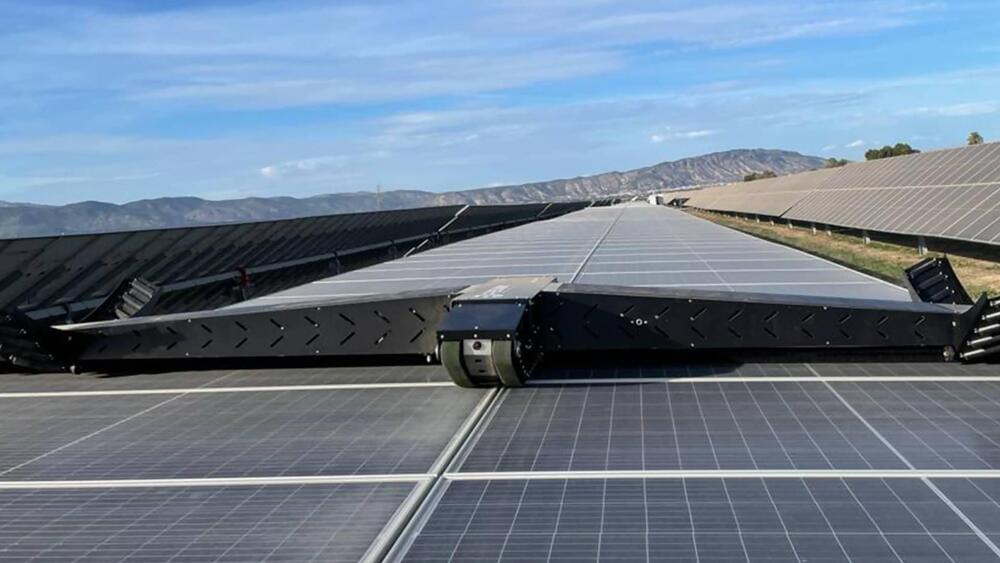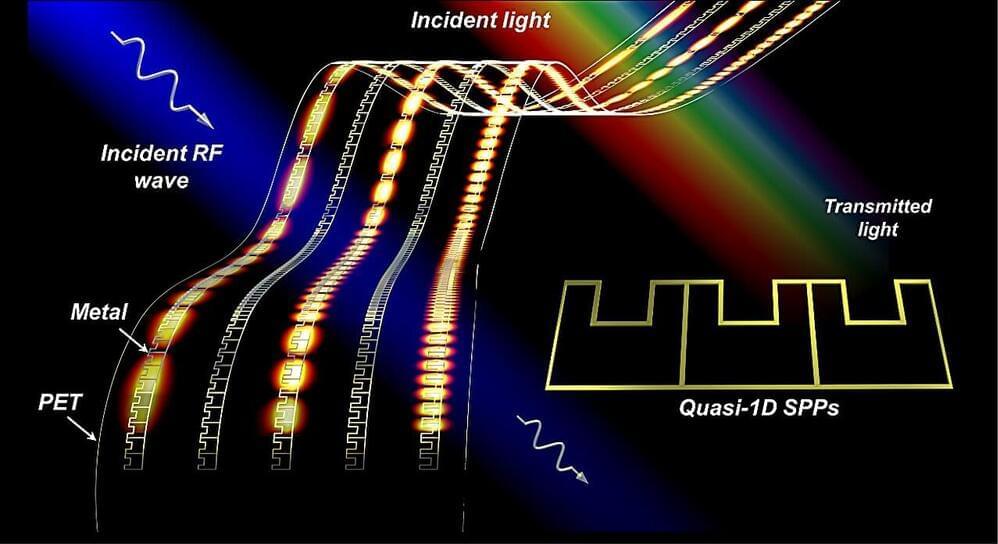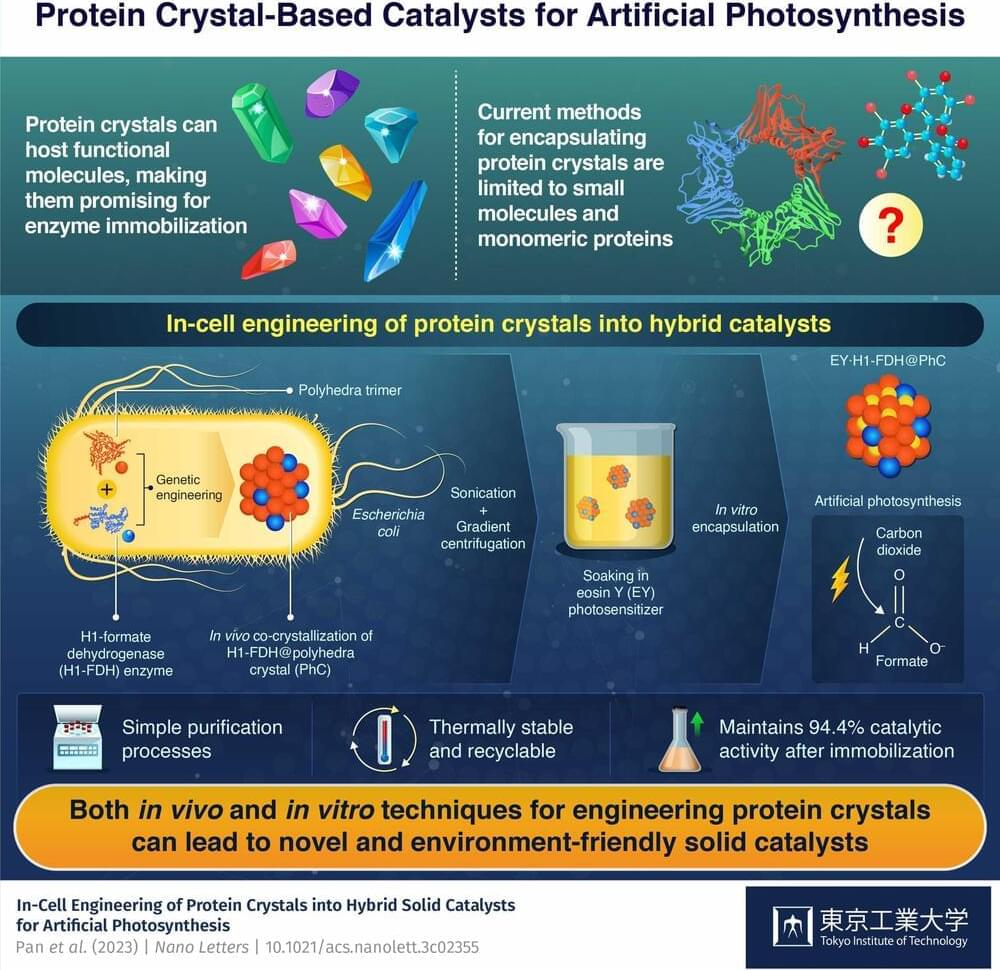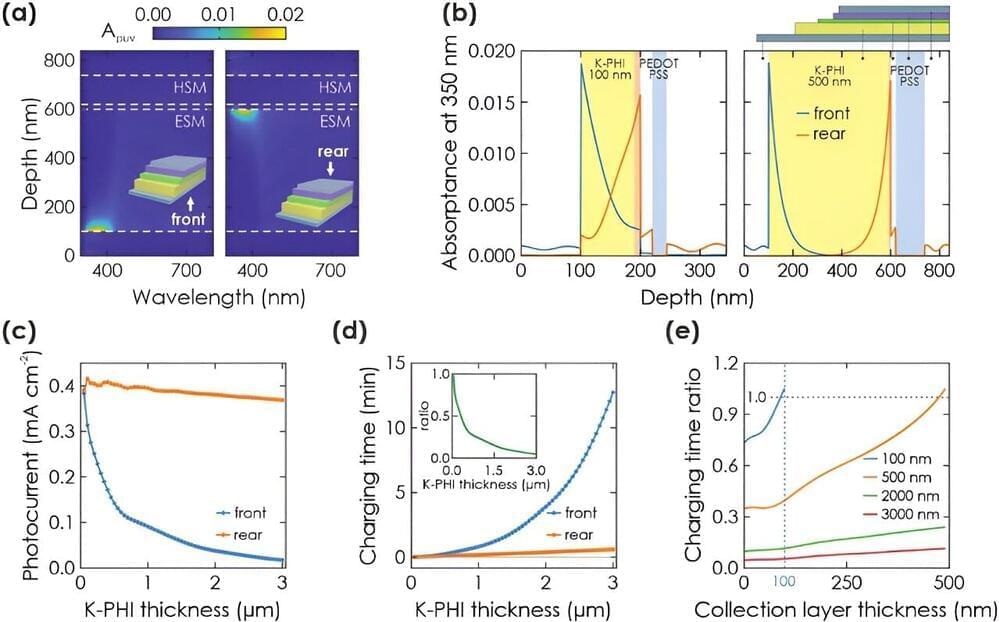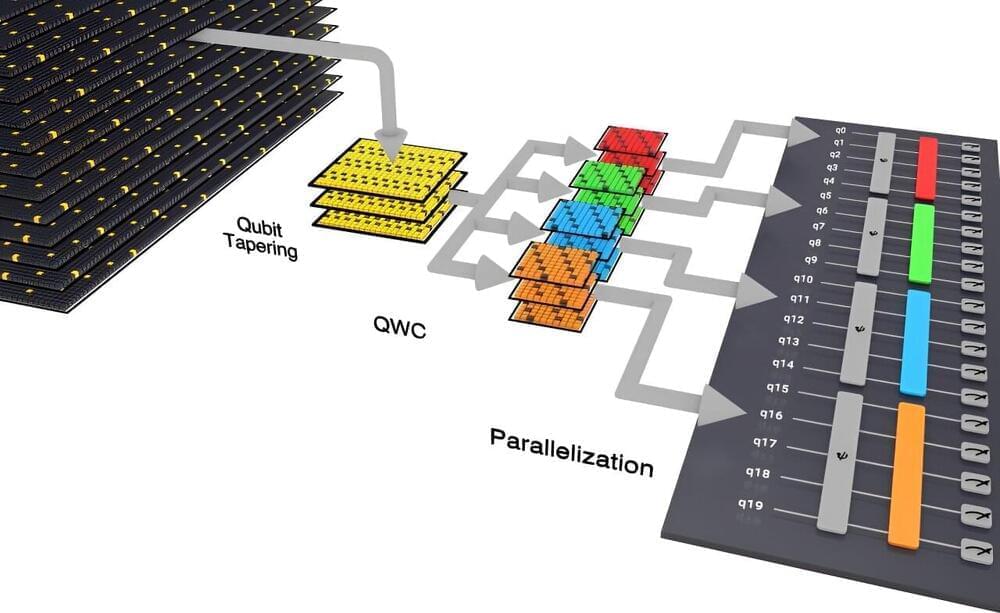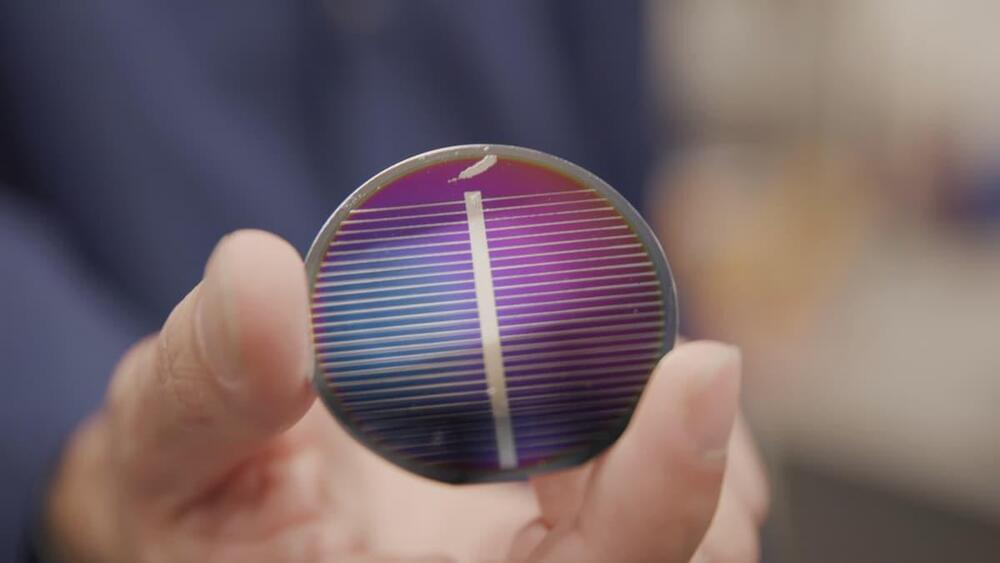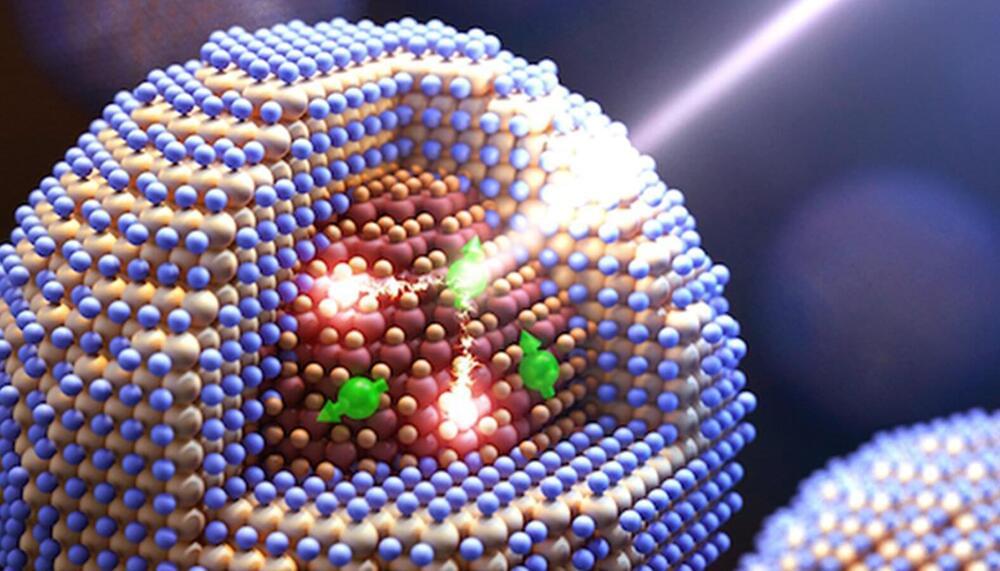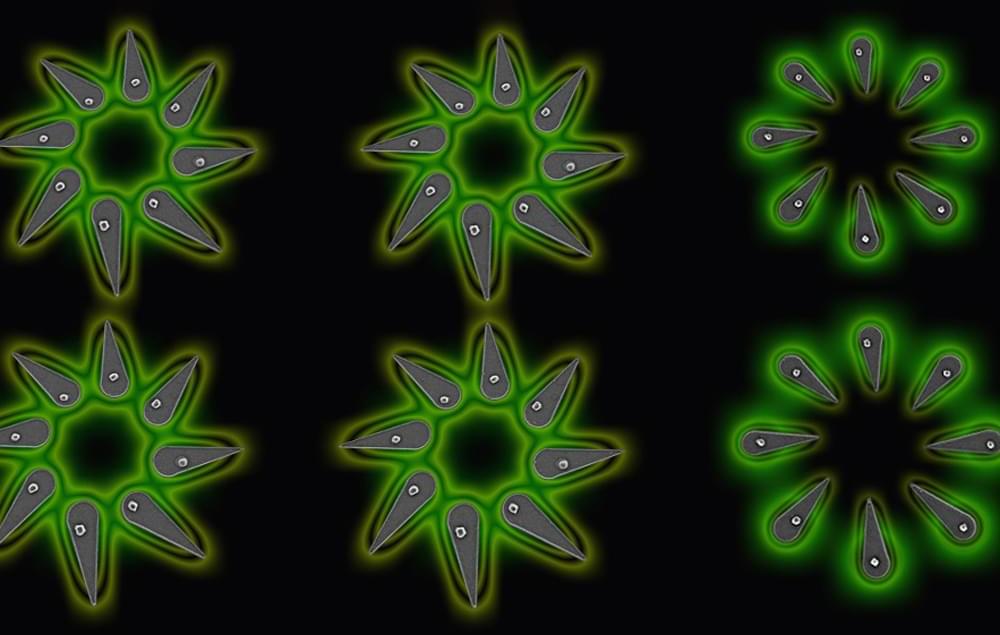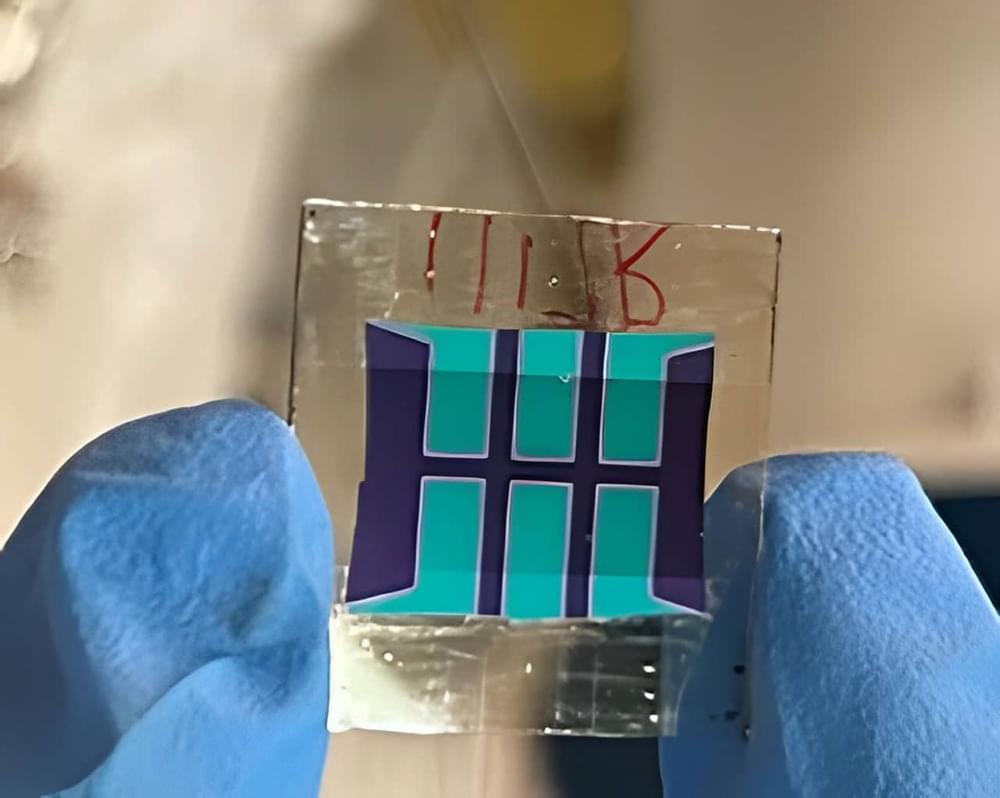It reduces water wastage and carbon emissions.
“When it comes to photovoltaics, dust is the enemy. This is not a trivial concept, even if it may seem so at first glance; actually, the problem of soiling – the accumulation of dust, dirt or sand on PV panels – can decrease, sometimes significantly, the performance of solar power systems,” stated an Enel Green Power press release published on Friday.
Desert areas
“It’s an issue that’s particularly important in desert areas, areas with low rainfall, and those characterized by the presence of very dusty soil, where soiling can have a heavy impact on energy yield, but in any case, it’s something that concerns solar power everywhere, because regardless of location, cleaning the panels still involves costs, including environmental ones.”
